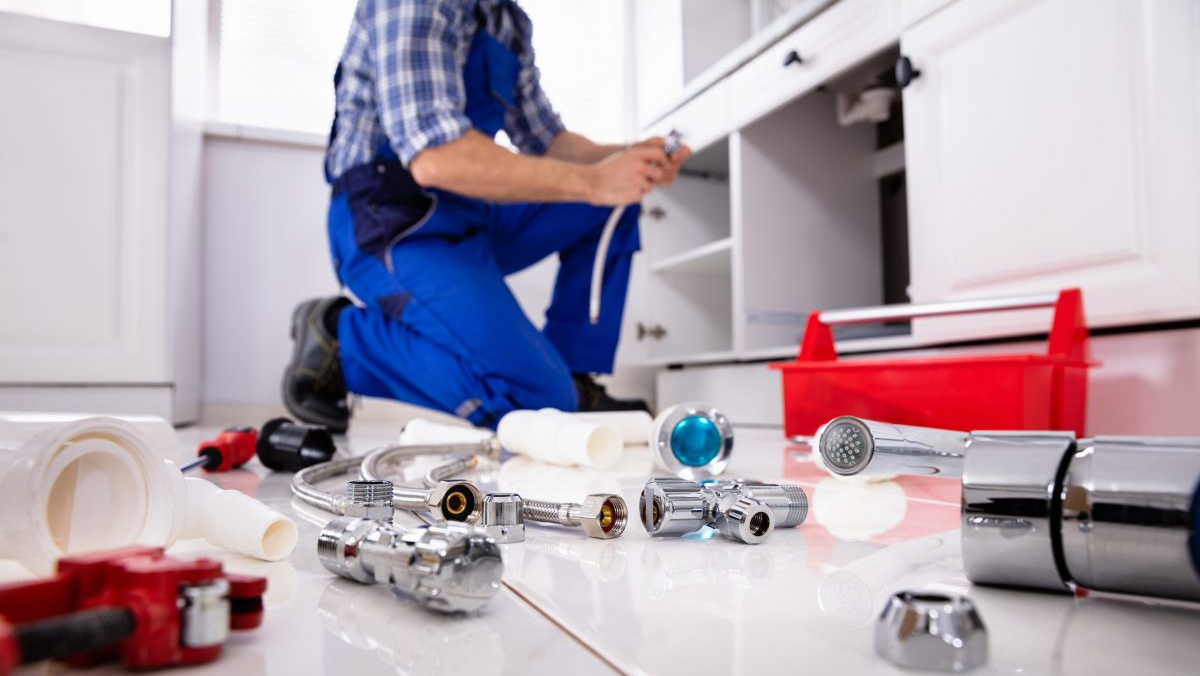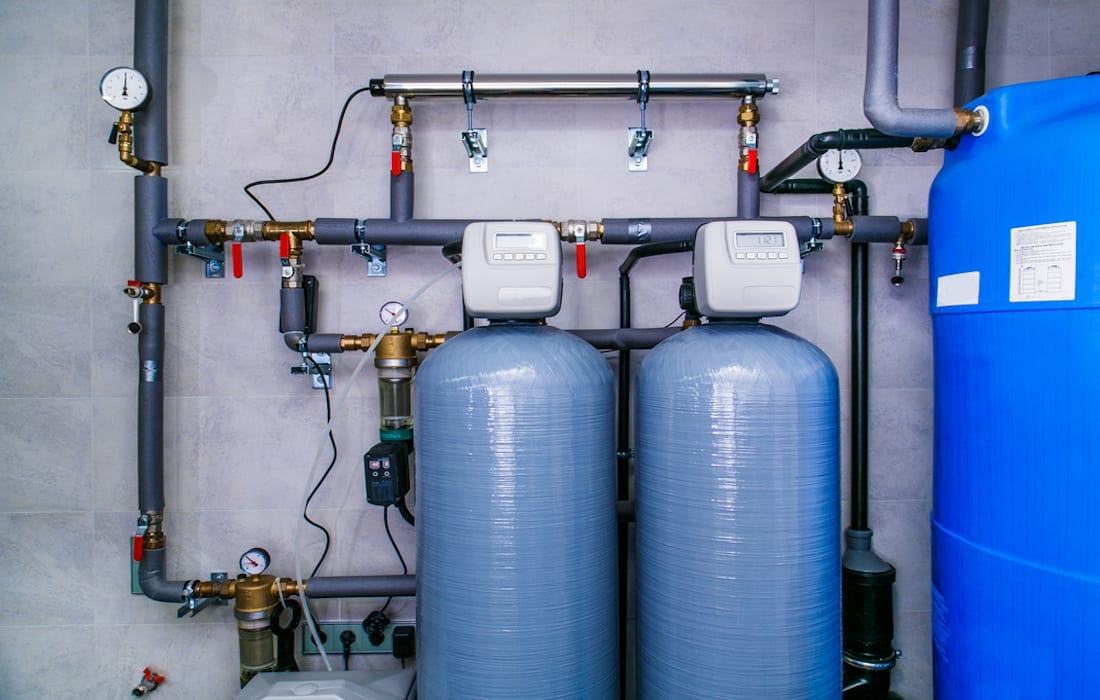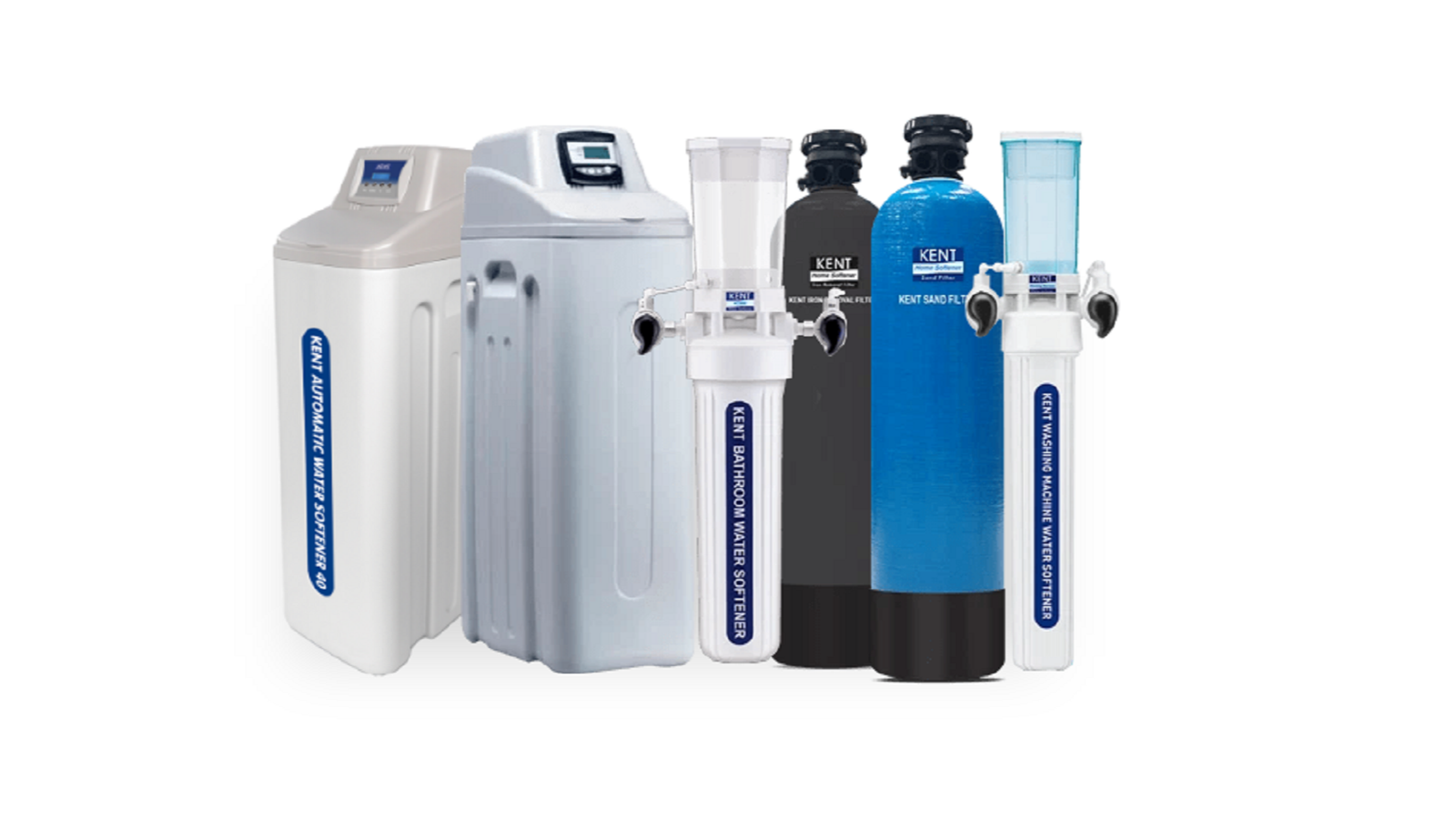Now Reading: Plumber or DIY? Find Out What’s Actually Needed 2025
-
01
Plumber or DIY? Find Out What’s Actually Needed 2025
Plumber or DIY? Find Out What’s Actually Needed 2025

Table of Contents
When you’re ready to install a new appliance or home fixture be it a water purifier, sink, toilet, or even a dishwasher one of the first questions that might pop into your head is: Do I need a plumber to install one? It’s a reasonable question, and the answer isn’t always straightforward. With today’s smart DIY products, it’s tempting to think you can handle everything on your own. But should you?
This article breaks down the factors that determine whether you really need a plumber, what risks are involved with a DIY job, and when it’s best to call in a professional.
What Kind of Installation Are We Talking About?
Before deciding whether to hire a plumber, the first thing to consider is what exactly you’re trying to install. Here are a few common scenarios:
- Water purifier or RO system
- Bathroom fixtures like taps, showers, and commodes
- Kitchen sinks or dishwashers
- Water heaters or geysers
- Washing machines with water connections
Some of these are simple enough for a skilled homeowner to manage. Others may require knowledge of local plumbing codes, special tools, or expertise to prevent water damage and leaks.
The DIY Route: Is It Safe and Cost-Effective?
For many homeowners, doing it yourself is a way to save money and feel accomplished. And for minor installations, this approach can work just fine especially when manufacturers offer detailed instructions, videos, and even customer support.
For example, countertop water purifiers, tap filters, or even basic washing machine hookups are often designed with DIY in mind. These usually involve connecting a hose or tightening a few screws, with little to no modification of existing plumbing.
However, even these simple installations can go wrong if not done properly. A loose joint or poor seal could result in water leaks, wall damage, or mold growth over time.
When You Absolutely Need a Plumber
Some situations clearly call for professional help. If any of the following apply, it’s best to hire a licensed plumber:
- You need to cut into walls or floors
- You’re working with gas lines (for heaters or stoves)
- You’re unsure where the shut-off valves are
- Your home has older or complicated plumbing systems
- You’re installing something that requires building permits
Plumbers are trained to work with building codes, understand the intricacies of water pressure, and ensure your installation won’t create long-term problems. A botched DIY job can be expensive—not just to fix, but also in potential water damage repairs or fines.
What Can Go Wrong Without a Plumber?
Many people take plumbing for granted until things go wrong. Here are some of the common issues homeowners face when trying to install something themselves:
- Leaks: Even a slow drip can waste hundreds of liters over time.
- Water damage: Poor installation can result in water seeping into walls, ceilings, or flooring.
- Poor water pressure: Incorrect connections can reduce flow or pressure.
- Voided warranties: Some products require professional installation to keep the warranty valid.
- Code violations: Municipalities often have strict codes. DIY work might not pass inspection, especially during home resale.
Cost of Hiring a Plumber vs DIY
Many people avoid hiring a plumber due to cost concerns. A simple installation might cost ₹500 to ₹2,000, while more complex jobs can run up to ₹5,000 or more, depending on your location and the nature of the work.
But weigh this against the cost of potential repairs due to mistakes, or the long-term inefficiency of a poorly done job. In many cases, hiring a plumber upfront can actually save you money in the long run.
Products Designed for DIY Installation
The good news is that many modern appliances and fixtures are now designed for easier self-installation. Look for products that advertise:
- “Tool-free installation”
- “No plumber required”
- Pre-attached hoses and connectors
- Step-by-step instruction manuals or video tutorials
For example, under-sink water purifiers and RO systems now come with quick-fit connectors and mounting kits, making it possible for someone with basic skills to do it themselves.
However, even for these products, it’s wise to have a plumber on standby—just in case something doesn’t fit or align properly.
Legal and Safety Considerations
Always check with your local municipality or housing society before beginning any installation. In some cases, plumbing work must be done by licensed professionals to meet code requirements. Non-compliance might lead to fines, or difficulties during property resale or insurance claims.
Also, some housing societies don’t allow residents to tamper with shared pipelines, which means professional involvement is necessary even for small installations.
Final Verdict: Should You Call a Plumber?
Here’s a quick decision guide:
- Small and simple (tap filters, countertop purifiers, washing machine hookups): You can likely DIY.
- Medium complexity (under-sink purifiers, dishwashers, wall-mounted geysers): Call a plumber unless you have experience.
- High complexity (changing pipelines, adding new outlets, handling gas or electrical connections): Always hire a professional.
Conclusion
Whether you need a plumber to install a particular appliance or not depends on the complexity of the task, your own skills, and the legal framework in your area. While doing it yourself can be tempting, it’s important to weigh the risks vs rewards.
If you’re ever in doubt, the safest and smartest option is to at least consult a plumber before starting the installation. A small investment now can save you time, money, and stress later.
Read More:- Shobha Realty Launches Its Most Luxurious Project Yet—Full Details Inside 2025






















